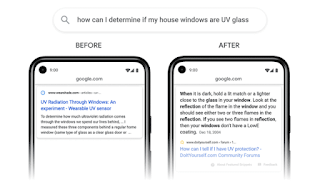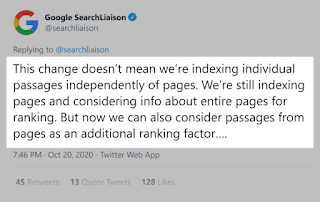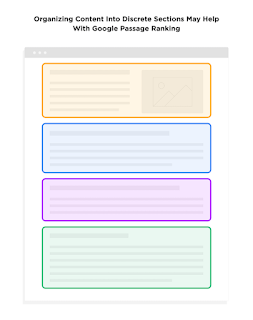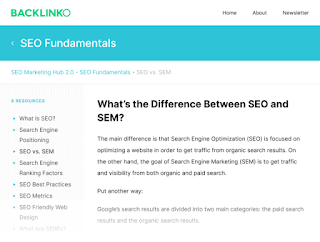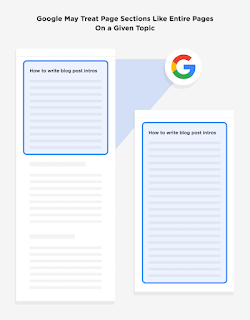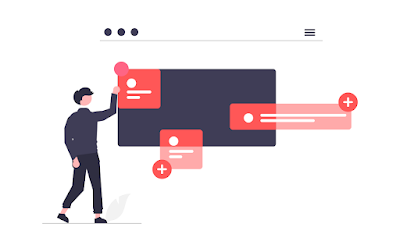This is the ultimate guide to search engine optimization in 2021.
And let me be clear about something:
This is NOT your average “SEO in 2021” predictions post.
Yes, I’ll cover the most important SEO trends this year.
But you’re also going to see new strategies that are working great right now.
So if you’re looking to improve your SEO next year, you’ll love this updated guide.
In October Google announced a new search technology called “Passages”.
This feature allows Google to rank specific sections of a page (“a passage”) independently.
This feature is going to affect 7% of all searches, which is a massive number.
(To put that into context, Google Penguin only impacted 3.1% of all queries.)
Let’s see how to optimize for this new Google ranking factor.
How Google Passage Ranking Works
Passages allow Google to rank specific, relevant passages from a specific page. Not just the page itself.(Kind of like a souped-up version of Featured Snippets.)
Here’s an example from Google’s feature announcement:
So instead of Google ONLY taking into account the relevancy of an entire page.
They’ll now also size up the relevancy of a specific section of that page.
They’ll now also size up the relevancy of a specific section of that page.
That said, Google has made it clear that they will still evaluate entire pages.
So backlinks, on-page SEO, UX signals, and Google’s other page-level ranking factors will still apply.
The only difference is that a single page now has more chances to rank. That is, assuming the page is optimized and organized.
Which is exactly what I’m going to cover right now.
But that doesn’t mean they can easily divvy up a disorganized page.
Why?
Google may now look at each section like a mini web page.
This means your content needs to be divided up into dedicated sections.
And each section should cover a specific subtopic.
You may have been doing this already. If not, I recommend going back and organizing your content into VERY clear sections.
For example, take a look at this page on my site: “SEO vs. SEM: What’s The Difference?”.
This page is organized into 21 different sections.
So backlinks, on-page SEO, UX signals, and Google’s other page-level ranking factors will still apply.
The only difference is that a single page now has more chances to rank. That is, assuming the page is optimized and organized.
Which is exactly what I’m going to cover right now.
Organize Your Content Into Discrete Sections
Yes, Google will rank passages of your page semi-independently.But that doesn’t mean they can easily divvy up a disorganized page.
Why?
Google may now look at each section like a mini web page.
This means your content needs to be divided up into dedicated sections.
And each section should cover a specific subtopic.
You may have been doing this already. If not, I recommend going back and organizing your content into VERY clear sections.
For example, take a look at this page on my site: “SEO vs. SEM: What’s The Difference?”.
(Each section has an H3 subheading)
That way, Google can treat the content underneath each H3 as a mini web page. And rank it accordingly.
Double Down on Long Form Content
The downside of long-form content USED to be that you could sometimes get beat by a more focused page.For example, let’s say you had a section on your page about writing blog post intros.
And someone else had an entire page dedicated to writing post intros.
Well, in some cases Google would rank the entire page about post intros over you.
That’s because your competitor’s page was 100% about that topic. And to Google, that page could be a better UX for someone looking to write better introductions.
But that’s about to change.
Today, Google can parse a single piece of long-form content into 5, 10, or even 100 unique passages.
And each one has a good shot of ranking in Google.
So yeah, long-form content already had a rankings edge in the SERPs.
Now that Google can divide up a single page into distinct passages, you can expect long-form content to work even better for SEO in 2021.
Next chapter will be about Featured Snippets.
DON'T MISS the first part of the SEO guide 2021 about ---> CORE WEB VITALS
*** This series of articles was taken from Backlinko, who we thank for the great work and tips on SEO shared.***


